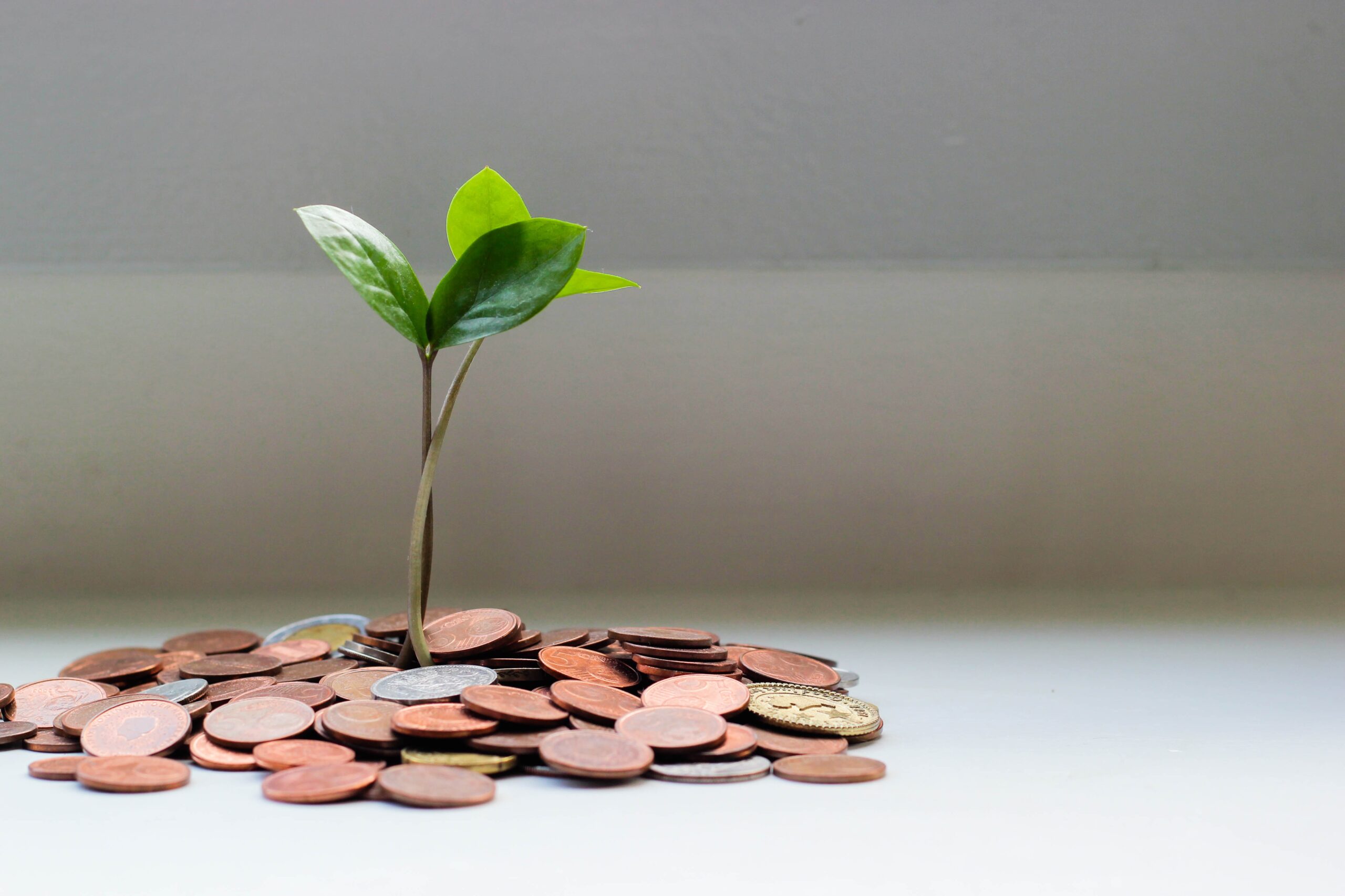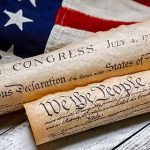
David Boaz
In 2009, as the federal government was rolling out the $700 billion Troubled Asset Relief Program and preparing to spend another $787 billion in President Obama’s “stimulus” package — both with little serious examination by Congress — I wrote a blog post titled “How to Spend a Trillion Dollars without Waste and Fraud.”
The first line of my post was “You can’t.” And I noted that the federal government knew that, because both Neil Barofsky, the special inspector general for TARP, and Gene Dodaro, the acting comptroller general, had told a House subcommittee — after the passage of both bills — that the government’s experiences in the reconstruction of Iraq, hurricane‐relief programs, and the 1990s savings‐and‐loan bailout, along with the lack of written policies in the new programs, did not bode well.
As Dodaro noted, it wasn’t the first such example. Nor would it be the last. Reports are now rolling in about massive waste and fraud in the government’s Covid‐relief spending, begun in 2020 under President Trump and increased under President Biden.
“An Associated Press analysis found that fraudsters potentially stole more than $280 billion in COVID-19 relief funding; another $123 billion was wasted or misspent. Combined, the loss represents 10% of the $4.2 trillion the U.S. government has so far disbursed in COVID relief aid.” Now the Small Business Administration’s inspector general reports that more than $200 billion may have been stolen from the Paycheck Protection and COVID-19 Economic Injury Disaster Loan programs.
Linda Bilmes, coauthor with Nobel laureate Joseph Stiglitz of The Three Trillion Dollar War: The True Cost of the Iraq Conflict, analyzed the massive problems in three somewhat smaller government projects — the Iraqi reconstruction effort, Hurricane Katrina reconstruction, and the Big Dig artery construction in Boston — and found that “in any organization that starts to increase spending very rapidly there are risks of waste, fraud and inefficiency.”
President Obama assured us in 2009 that Vice President Biden would be in charge of monitoring the spending in the stimulus bill and that “nobody messes with Joe.” But that is not in fact a solution to the inevitability of waste and fraud when an unaccountable bureaucracy is spending trillions of other people’s dollars. As the pickpocket says in the opening scene of Casablanca, “This place is full of vultures, vultures everywhere.” Vultures ye have with ye everywhere. And when you’re trying to shovel out trillions of dollars — money created by writing a number on a piece of paper and then writing checks on that sheet of paper — you can’t ask too many questions. The goal was to get money into people’s hands to ward off depression. And all the money did get into people’s hands. Just not necessarily into the intended hands. Some of it, for instance, went to SBA employee LaKeith Faulkner, who was sentenced to 62 months and ordered to pay $10,600,000 in restitution for his role in a scheme to obtain fraudulent PPP loans. And some of it to six Essex County, New Jersey, residents who were arrested for scheming to fraudulently obtain — you guessed it — Paycheck Protection Program (PPP) loans.
David Fahrenthold of the New York Times wrote,
In the midst of the pandemic, the government gave unemployment benefits to the incarcerated, the imaginary and the dead. It sent money to “farms” that turned out to be front yards. It paid people who were on the government’s “Do Not Pay List.” It gave loans to 342 people who said their name was “N/A.”
He calls it “one of the largest frauds in American history, with billions of dollars stolen by thousands of people, including at least one amateur who boasted of his criminal activity on YouTube.”
There are no doubt many more stories for other reporters to pursue. And continuing questions about the net costs and benefits of massive government spending programs, funded by debt and rife with, yes, waste, fraud, and abuse.




